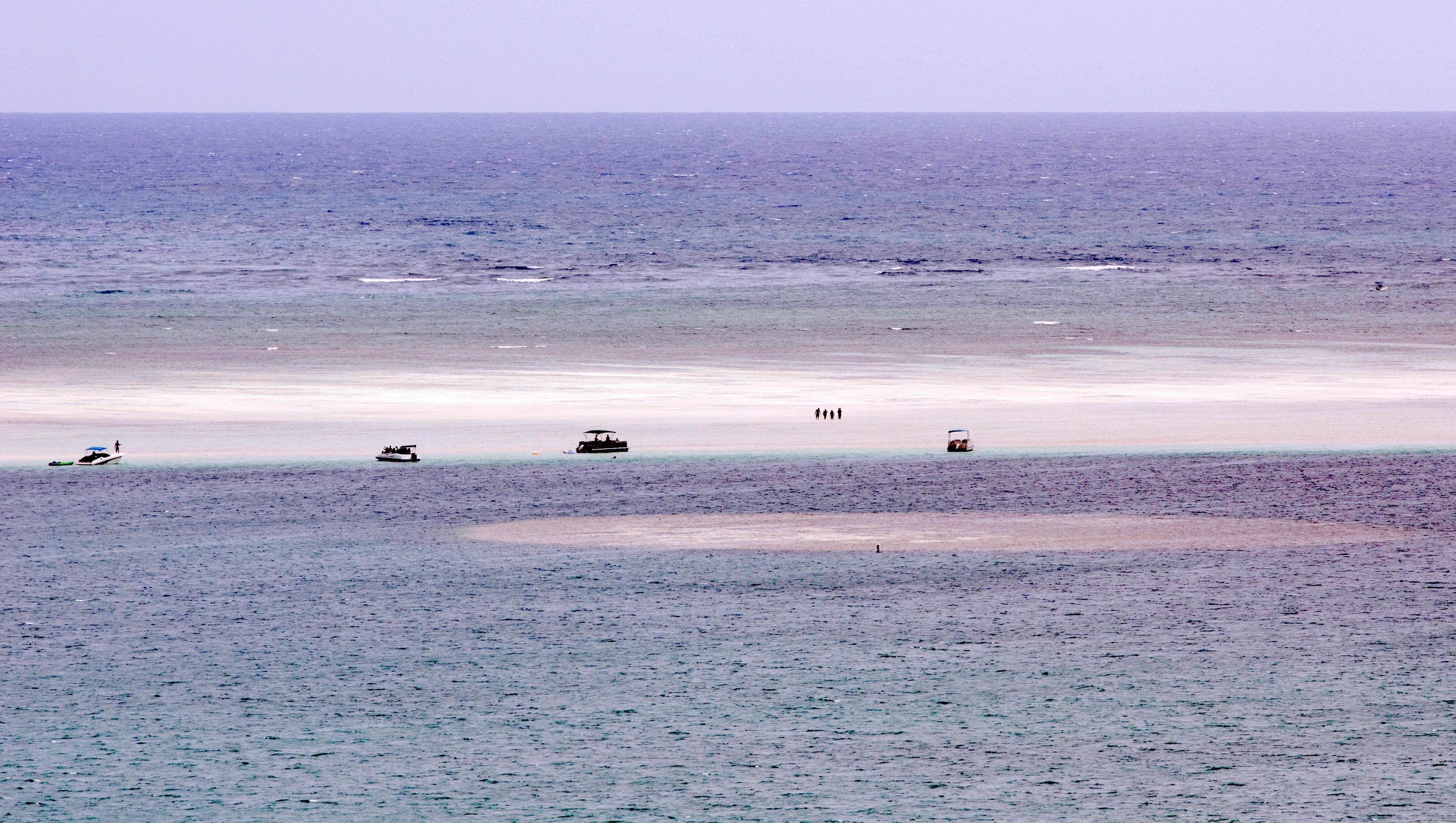Hawaii: Don't burn Christmas trees at sacred Oahu sandbar
Hawaii’s public lands agency is warning people that they face arrest if found burning Christmas trees at an oceanic sandbar

Your support helps us to tell the story
From reproductive rights to climate change to Big Tech, The Independent is on the ground when the story is developing. Whether it's investigating the financials of Elon Musk's pro-Trump PAC or producing our latest documentary, 'The A Word', which shines a light on the American women fighting for reproductive rights, we know how important it is to parse out the facts from the messaging.
At such a critical moment in US history, we need reporters on the ground. Your donation allows us to keep sending journalists to speak to both sides of the story.
The Independent is trusted by Americans across the entire political spectrum. And unlike many other quality news outlets, we choose not to lock Americans out of our reporting and analysis with paywalls. We believe quality journalism should be available to everyone, paid for by those who can afford it.
Your support makes all the difference.Hawaii s public lands agency is warning people that they face arrest if found burning Christmas trees at an oceanic sandbar.
The sandbar that rests between the open Pacific Ocean and Kaneohe Bay on Oahu s windward side is a popular gathering place for local boaters and tourists.
A tradition of piling up Christmas trees for bonfires on the sandbar is harming the environment, Department of Land and Natural Resources officials said in a statement Tuesday.
“People haul their trees to (the site) by boat, and burning them is detrimental to the sandbar and the surrounding marine ecosystem,” Hawaii’s environmental law enforcement chief, Jason Redulla, said in the statement.
But it can be hard to track down those responsible, he said.
The state receives tips about tree burnings every year and dispatches crews to He‘eia Kea Small Boat Harbor, the point of departure for boats heading to the sandbar, Redulla said.
"Unfortunately, we can’t always identify the individuals involved in these illegal and disrespectful activities,” he said.
The slim stretch of reef and sand near a military installation is entirely surrounded by deeper ocean water. It offers views of Oahu's small offshore islands and a mountain range that rises from the coastline.
Leialoha “Rocky” Kaluhiwa, president of the Ko`olaupoko Hawaiian Civic Club, said the site is sacred to many Native Hawaiians, who call the sandbar Ahu O Laka.
“The iwi (remains) of Chief Laka of Maui were brought by his sons and buried there centuries ago," Kaluhiwa said in the statement. “Once iwi is buried in an area, it is consecrated and considered ‘kapu,' or sacred to Native Hawaiians.”
Kaluhiwa said Chief Laka is an ancestor to some Native families who live near Kaneohe Bay.
Burning trash in public or in backyards is illegal in Hawaii.
"We strongly discourage anyone from taking their `opala (discarded items like Christmas trees) to light bonfires on Ahu o Laka,” Kaluhiwa said.
The state released video of people burning trees at the sandbar after last Christmas.
___
This story has been corrected to show officials made the announcement Tuesday, not Monday.